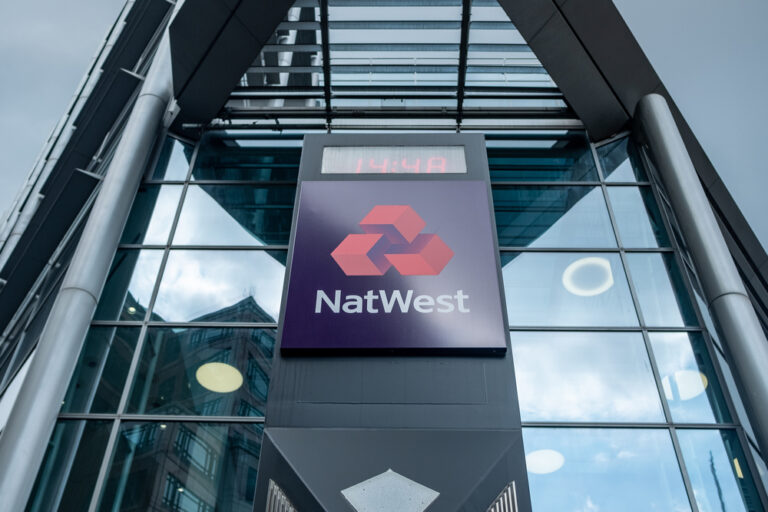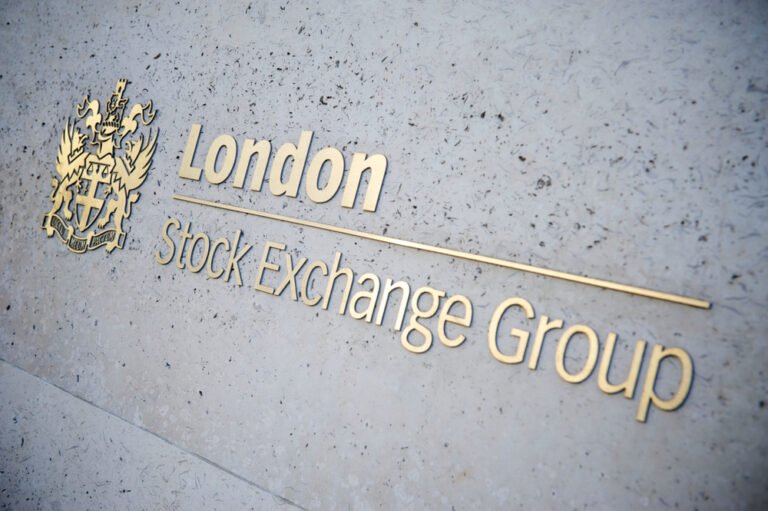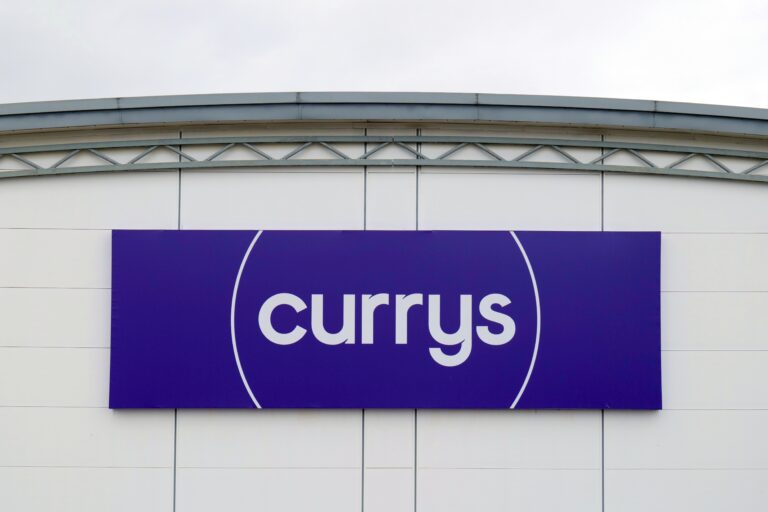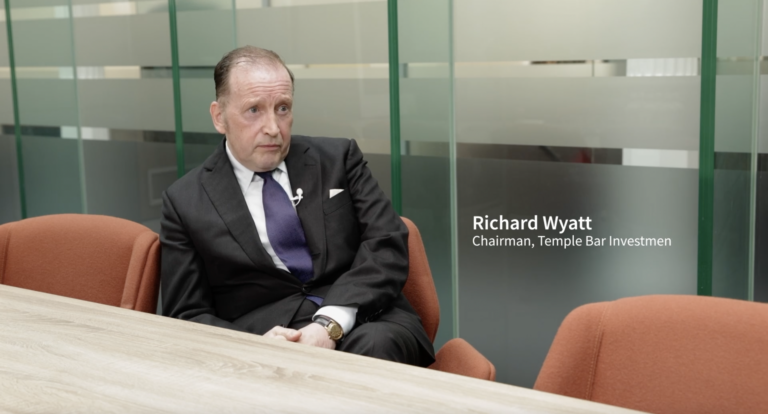NatWest shares reached their highest levels since 2011 on Friday after the bank reported Q1 earnings that offered plentiful reason to be optimistic about the bank’s near-term future.
NatWest has delivered a very respectable financial performance in the first quarter of 2025, reporting an attributable profit of £1,252 million, earnings per share of 15.5 pence and a return on tangible equity of 18.5%.
There was little evidence of economic strain in NatWest’s Q1 update, with total income hitting £3,952 million, representing an increase of 2.1% compared to the fourth quarter of 2024.
This growth was primarily attributed to deposit margin expansion and increased trading income, despite being partially offset by the impact of fewer days in the quarter.
The higher interest rate environment is playing into NatWest’s hands. The bank’s net interest margin (NIM) rose to 2.27%, which is 8 basis points higher than the previous quarter. This improvement in margins has significantly contributed to the bank’s strong quarterly performance.
NatWest’s focus on the UK meant it avoided the uncertainty experienced by other FTSE 100 banks operating overseas and made provision for bad debts of just £189 million, or 0.19% of its loan book.
“NatWest has taken the spotlight this week in banking land, smashing profit expectations thanks to solid top-line growth and tight cost control,” said Matt Britzman, senior equity analyst, Hargreaves Lansdown.
“Like we’ve seen across the sector, impairments came in a bit higher than expected as the bank plays it safe in case the economic backdrop worsens – but for now, borrowers are holding up well, so there’s no major red flag there.
An upbeat outlook would have been welcomed by investors and helped fuel the stock’s rally on Friday. NatWest expects to record a return on tangible equity at the upper end of its previously guided range of 15-16%, and anticipates income excluding notable items to be at the upper end of its previously guided range of £15.2-15.7 billion.










